Most Americans Don’t See Brighter Future for Children
Economic pessimism has taken hold and fewer Americans believe today’s children will be better off than their parents.

Economic pessimism has taken hold and fewer Americans believe today’s children will be better off than their parents.
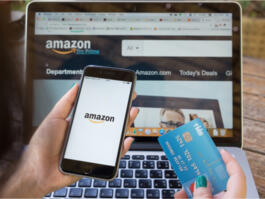
While a majority of Americans have positive opinions about Amazon, they fear local businesses will suffer from the online competition.
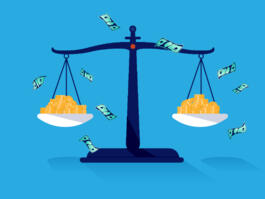
Voters increasingly see the U.S. economy as being unfair, and think it is especially unfair to blacks and Hispanics.
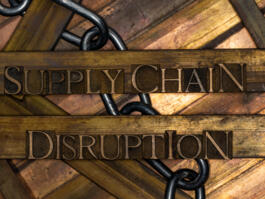
As the supply-chain crisis continues, an overwhelming majority of voters are worried about potential shortages of basic supplies, and most think President Joe Biden’s administration is not doing enough about the problem.
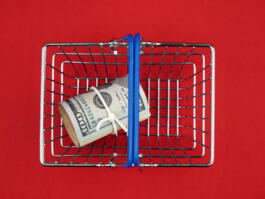
More than half of Americans say rising grocery prices have changed the way they eat, and they expect to pay even more in the future.
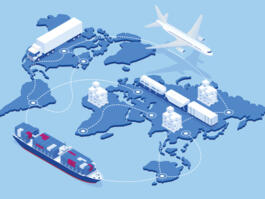
Problems affecting the U.S. supply chain have a majority of Americans concerned, as they are already noticing shortages in stores, and they expect the federal government to take action to solve the crisis.
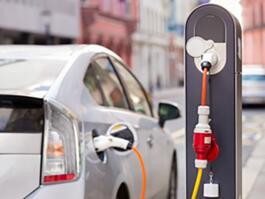
Despite all the talk about “green” technology as a way to fight climate change, most Americans don’t think electric vehicles are practical now and don’t expect them to replace gasoline-powered cars soon.
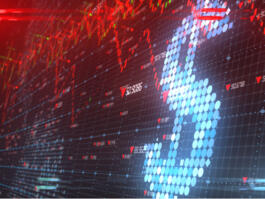
Fewer than one-third of Americans now expect a stronger economy a year from now, and nearly half think it will be worse.
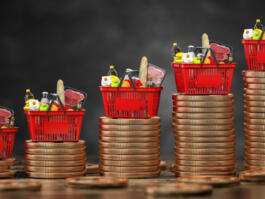
Concerns about inflation are widespread, as Americans see higher prices for groceries and expect even higher prices in the future.
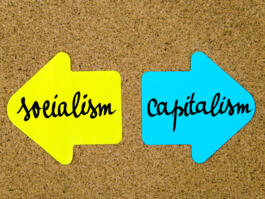
Despite all the criticism capitalism has endured in recent years, American voters still overwhelmingly prefer it to socialism.
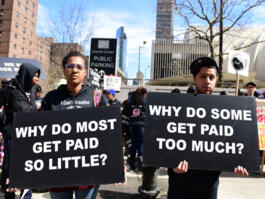
Democrats in Congress want to raise the hourly minimum wage to $15, but while most Americans support increasing the minimum – currently $7.25 an hour – they balk at proposals to more than double it.

More Americans are pessimistic about the future of the U.S. economy, and a majority don’t think today’s children will be better off than their parents.
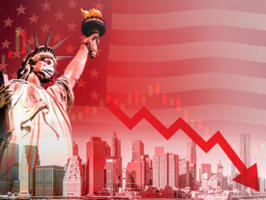
Americans say government money is not the ultimate answer to the financial hardships brought on by the coronavirus. Most worry the government will run out of cash if the aid packages continue.

Former President Obama took credit for the booming economy in a tweet earlier this week, but voters still tend to think President Trump deserves more of the credit.
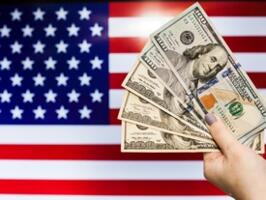
Voters trust President Trump more than the average member of Congress or the average reporter when it comes to the economy, but most continue to trust themselves the most.

Americans aren’t complaining as much about higher debt these days and are much less likely to see higher interest rates on the horizon.

Americans strongly support President Trump’s plan to require TV ads to list drug prices, and most think it’s likely to force down costs.

As President Trump continues fighting China over its unfair trade practices, Americans remain worried, and a sizable number fear that it will impact them personally.
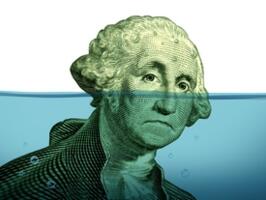
Democrats running for the White House face a big obstacle in President Trump’s booming economy, but most adults in their party are banking on an economic downturn by next year.
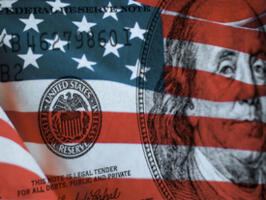
President Trump continues to question the monetary moves of the Federal Reserve Board, but voters give the central bank its highest approval in years. They also suspect that the Fed is less independent of the president than it was during the Obama years.